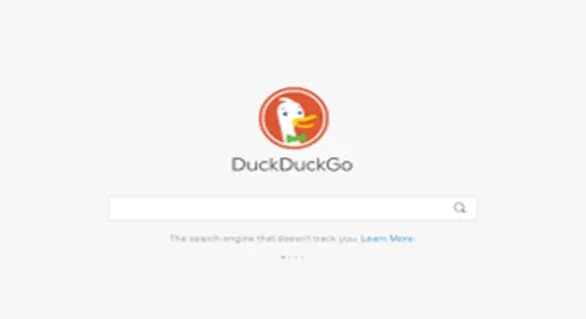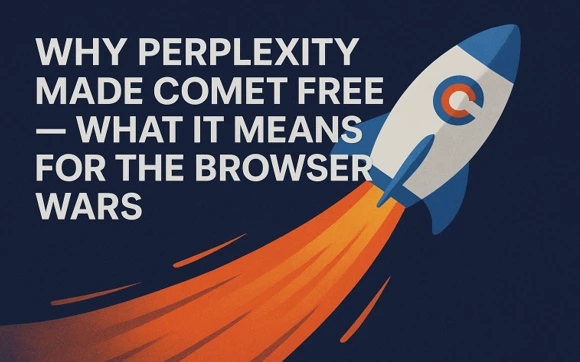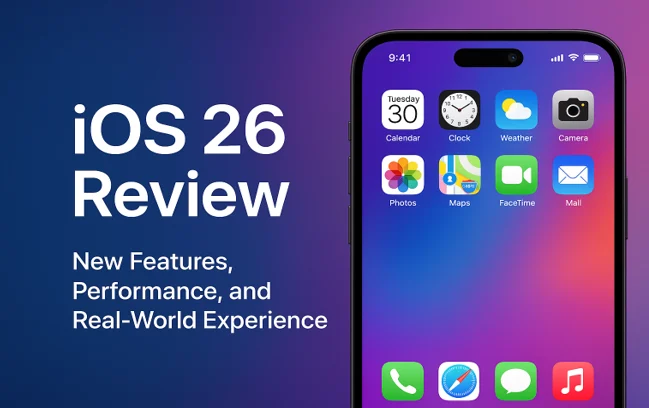
Indonesia Bans DuckDuckGo Over Concerns of Access to Prohibited Content
Indonesia has announced a ban on the privacy-oriented search engine DuckDuckGo, raising alarms over the platform’s potential misuse to access illegal content such as pornography and online gambling. These activities are strictly prohibited under the country’s stringent online content regulations, which have been rigorously enforced in recent years.
The decision to block DuckDuckGo was confirmed by Usman Kansong, an official from Indonesia’s Ministry of Communication and Information Technology. Kansong stated that the move was driven by a significant number of public complaints about the rampant availability of gambling sites and explicit material in search results. The ministry did not elaborate on the specifics of these complaints or how DuckDuckGo’s search results differed from those of major search engines like Google, which also operate in Indonesia.
DuckDuckGo, a Pennsylvania-based company known for its emphasis on user privacy, has not yet issued an official response to the ban. The accusations and subsequent ban were announced outside of normal U.S. business hours, leaving the company with limited opportunity to react immediately.
Indonesia’s action against DuckDuckGo is part of a larger campaign to combat illegal online activities, particularly online gambling. The country has seen a surge in such activities, with recent data indicating that around 3 million Indonesians engaged in online gambling last year, generating an estimated $20 billion. This crackdown reflects the government’s determination to uphold its digital content regulations and protect its citizens from activities deemed harmful or immoral.
While DuckDuckGo’s privacy features have made it popular among users seeking to avoid data tracking, the ban underscores the challenges faced by privacy-focused platforms operating in regions with strict content regulations. The decision is likely to spark further debate on the balance between privacy and content regulation in the digital age.
Also Read
OpenAI Rolls Out Advanced Voice Mode for ChatGPT to Selected Users







